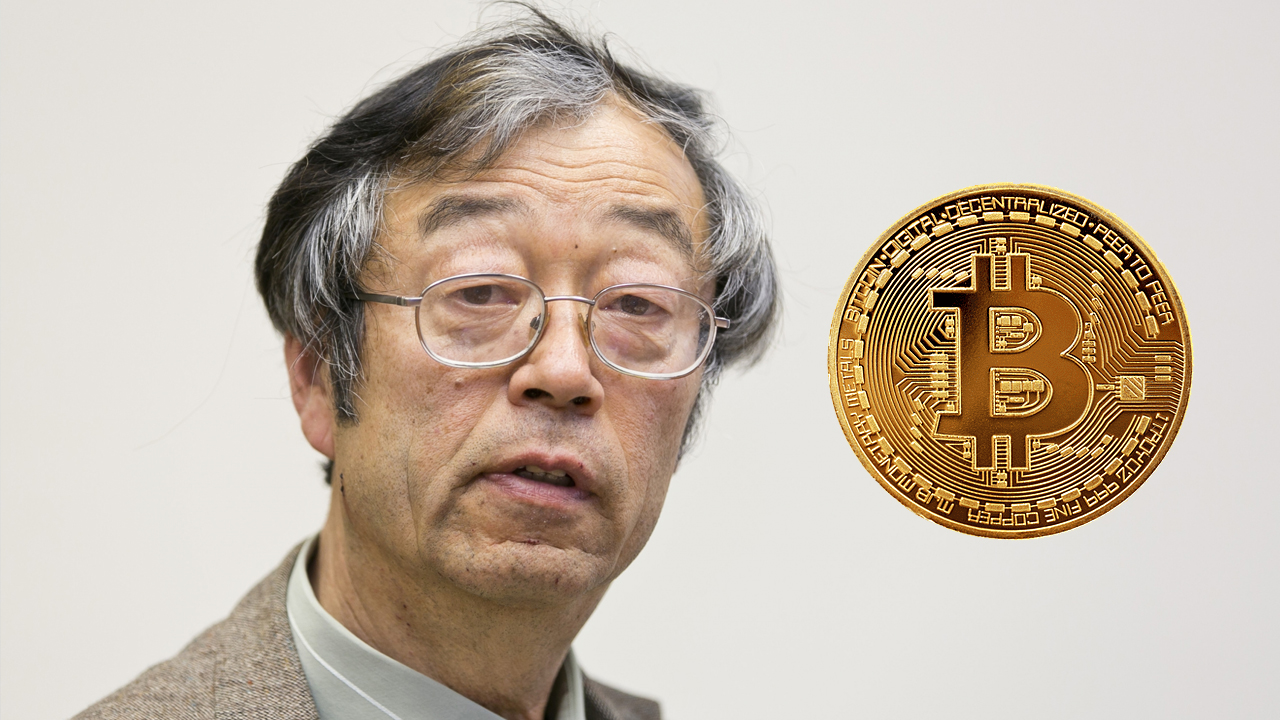Another Disappointing Search for Bitcoin’s Creator Ends in Mystery

Bitcoin, now at the heart of a multi-trillion-dollar cryptocurrency industry, still holds one of the tech world’s most intriguing mysteries: the true identity of its founder, Satoshi Nakamoto. This enigmatic figure’s influence would carry enormous weight in the crypto world, given their revolutionary impact on digital currencies and a billion-dollar Bitcoin stash. Yet, the quest to uncover Nakamoto’s identity has once again hit a dead-end.
The latest attempt to reveal Nakamoto came when a press conference was held in London by organizer Charles Anderson, who claimed that Nakamoto was finally ready to step forward. The high-profile event offered reporters front-row seats at £100 each and an additional £500 for exclusive interviews, which many found unusual given the claimed wealth of Bitcoin’s inventor.
When the event took place, the venue, Frontline Club, clarified it was merely providing the space without endorsing the occasion. The anticipation quickly turned to skepticism as only a handful of reporters attended. Stephen Mollah eventually came forward, announcing himself as Nakamoto and claiming responsibility for Bitcoin’s creation. However, Mollah provided no substantial evidence, such as unlocking Bitcoin from Nakamoto’s original wallet, which would have solidified his claims. Reporters soon left, unconvinced and frustrated, noting yet another failed attempt to identify Nakamoto.
This unsuccessful attempt joins a long list of claims surrounding Nakamoto’s identity. Dorian Nakamoto, an American of Japanese descent, was identified as Nakamoto by Newsweek in 2014 but denied the claim. Later, Australian scientist Craig Wright asserted he was Nakamoto but has yet to produce convincing evidence despite extensive media coverage. Elon Musk has also been speculated as Nakamoto, though he has publicly denied any connection. Most recently, Canadian Bitcoin expert Peter Todd was suggested as Nakamoto by an HBO documentary, though Todd dismissed the claim and described the attention as an invasion of privacy.
For many, Nakamoto’s anonymity is central to Bitcoin’s ethos. Natalie Brunell, a Bitcoin podcaster, believes the concealment was intentional, allowing Bitcoin to develop as a decentralized system, free from influence by a central figure. “By concealing his true identity, Satoshi ensured that Bitcoin wouldn’t have a leader or central figure, whose personal agenda could influence the protocol,” she explained. Adam Back, a core Bitcoin developer and another candidate, shared a similar view, noting on social media that the unresolved mystery strengthens Bitcoin’s decentralized nature.
Yet, some experts argue that the obsession with Nakamoto’s identity distracts from Bitcoin’s broader impact. Carol Alexander, a finance professor at Sussex University, suggests that the focus on Nakamoto takes away from essential discussions about cryptocurrency’s potential to reshape global finance. Despite the ongoing fascination, Nakamoto’s identity remains elusive, fueling speculation while preserving Bitcoin’s unique place as a leaderless and decentralized system in the financial world.





















